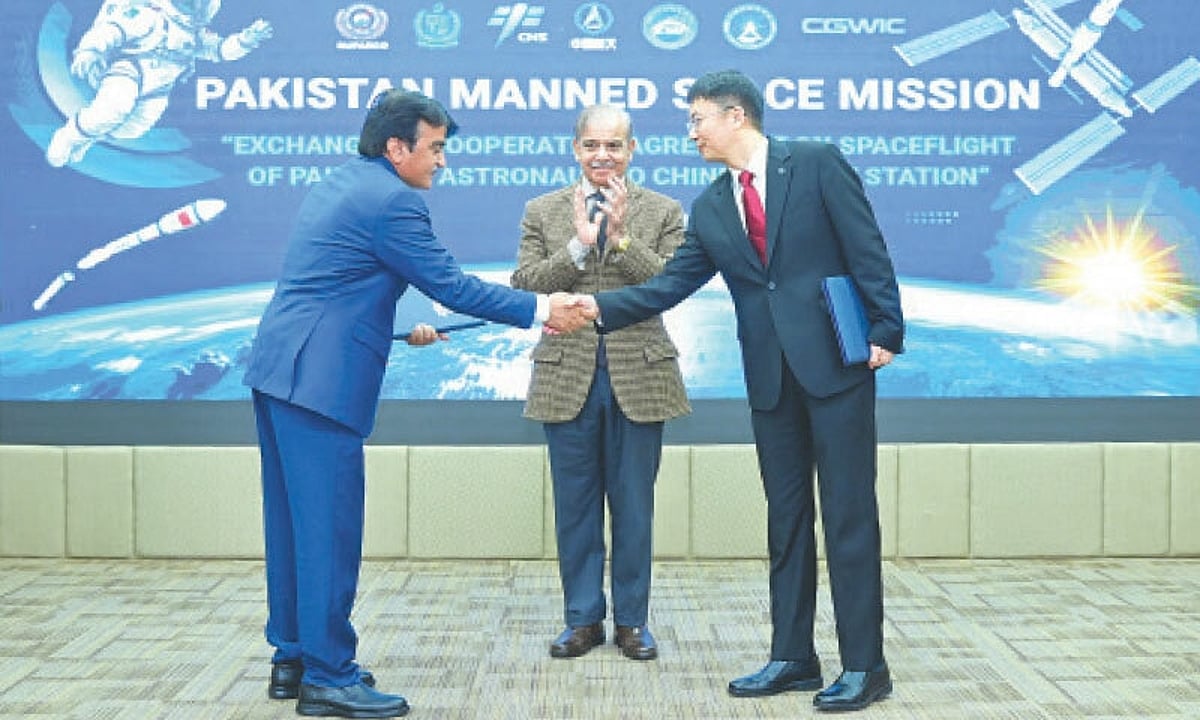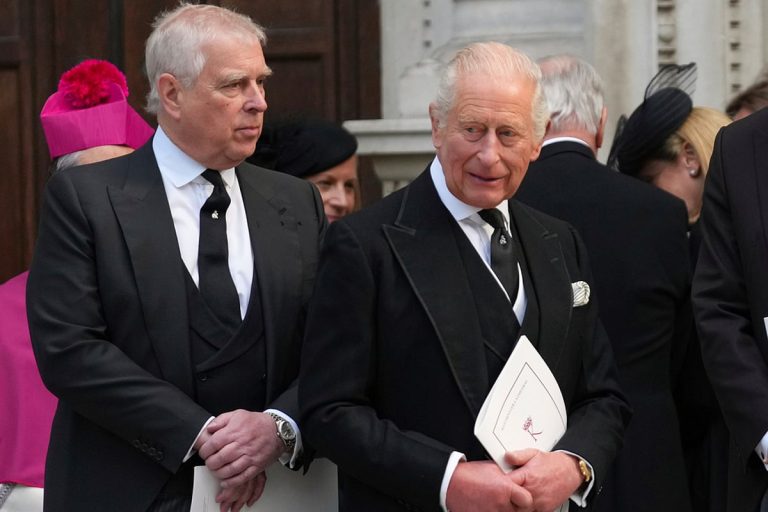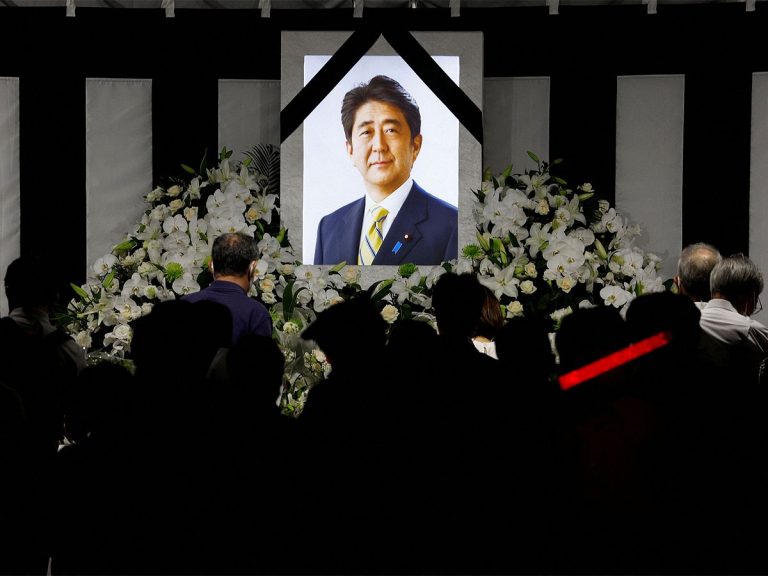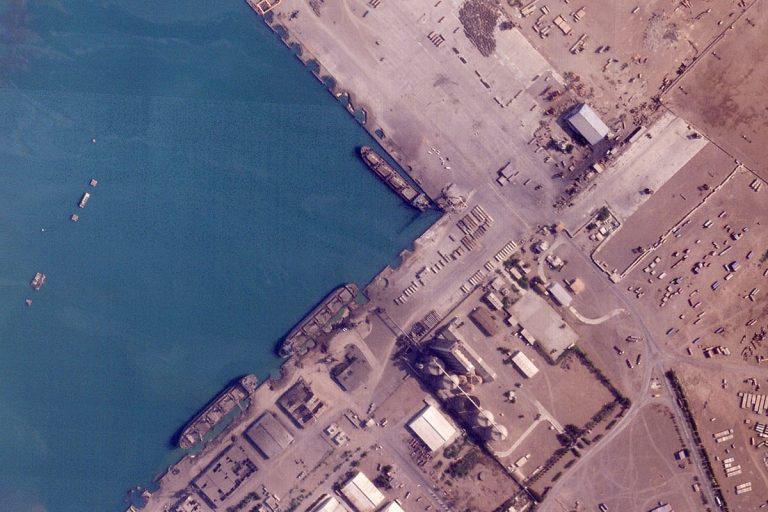Pakistan to Send First Astronaut to China’s Space Station
In a significant development for international space collaboration, Pakistan is set to send its first astronaut to China’s Tiangong space station. This initiative marks a pivotal moment in the growing partnership between Pakistan and China, emphasizing their commitment to advancing space technology and scientific research.
Details of the Mission
China’s state news agency, Xinhua, has reported that the Pakistani astronaut will serve as a payload specialist on a short-term mission. This role involves conducting scientific experiments developed by Pakistan and assisting with routine operations aboard the space station. The China Manned Space Agency (CMSA) has confirmed that the astronaut will undergo training alongside Chinese crew members, as part of a broader medium-term cooperation plan.
This mission follows a bilateral agreement signed in March between Pakistan’s Space and Upper Atmosphere Research Commission (SUPARCO) and the CMSA. This agreement lays the groundwork for Pakistan’s first manned space mission, which will take place aboard the Chinese space station.
Training and Selection Process
SUPARCO has initiated the process of selecting candidates for this historic mission. According to Deputy Director General Amjad Ali, the agency plans to shortlist between 10 to 15 candidates. From this group, two finalists will be chosen to undergo training in China, which is expected to last between six months to a year. Ultimately, one astronaut will be selected to participate in the mission, anticipated to launch as early as October 2026, while the other will serve as a backup.
Broader Implications for Space Cooperation
This initiative signifies a milestone in China’s efforts to expand its international presence in space. Since the launch of the Tiangong space station in 2021, it has primarily hosted Chinese astronauts. By including Pakistan in its program, China aims to foster scientific collaboration and enhance its global space engagement.
In addition to this upcoming mission, Pakistan has already participated in a Chinese lunar mission in 2024, where it launched a satellite alongside payloads from the European Space Agency and other nations. This involvement underscores Pakistan’s growing role in the realm of global space exploration.
FAQs
What is the role of the Pakistani astronaut in the mission?
The Pakistani astronaut will serve as a payload specialist, conducting scientific experiments and assisting with operations aboard the Tiangong space station.
When is the mission expected to launch?
The mission is anticipated to launch as early as October 2026, following a training period for the selected astronaut.
How does this mission impact Pakistan’s space program?
This mission represents a significant step for Pakistan’s space program, enhancing its capabilities and fostering international collaboration in space exploration.
Conclusion
Pakistan’s participation in China’s space mission marks a historic milestone in its space exploration efforts and highlights the strengthening ties between the two nations. As training and selection processes progress, this collaboration is expected to pave the way for future advancements in space technology and research.
The collaboration between Pakistan and China in space exploration is part of a broader trend of increasing international partnerships in the field of aerospace. Countries around the world are recognizing the importance of collaborative efforts to advance scientific knowledge and technological capabilities. This mission not only enhances Pakistan’s position in the global space community but also aligns with China’s strategy to build alliances through shared technological endeavors.
Moreover, the partnership is expected to facilitate knowledge transfer and capacity building in Pakistan’s space sector. By training Pakistani astronauts alongside their Chinese counterparts, Pakistan aims to develop its own human resource capabilities in aerospace science and engineering. This could lead to future opportunities for independent missions and research initiatives, further solidifying Pakistan’s role in international space exploration.
As both nations prepare for this mission, it reflects a commitment to long-term cooperation in various scientific fields, including satellite technology, telecommunications, and environmental monitoring. The successful execution of this mission could serve as a model for future collaborations, potentially involving other countries interested in participating in joint space missions and research projects.
Also Read:
DP World and Cochin Shipyard Launch India’s First Ship Repai
$250M Initiative to Support Farmers in Pakistan’s Glacial Re







